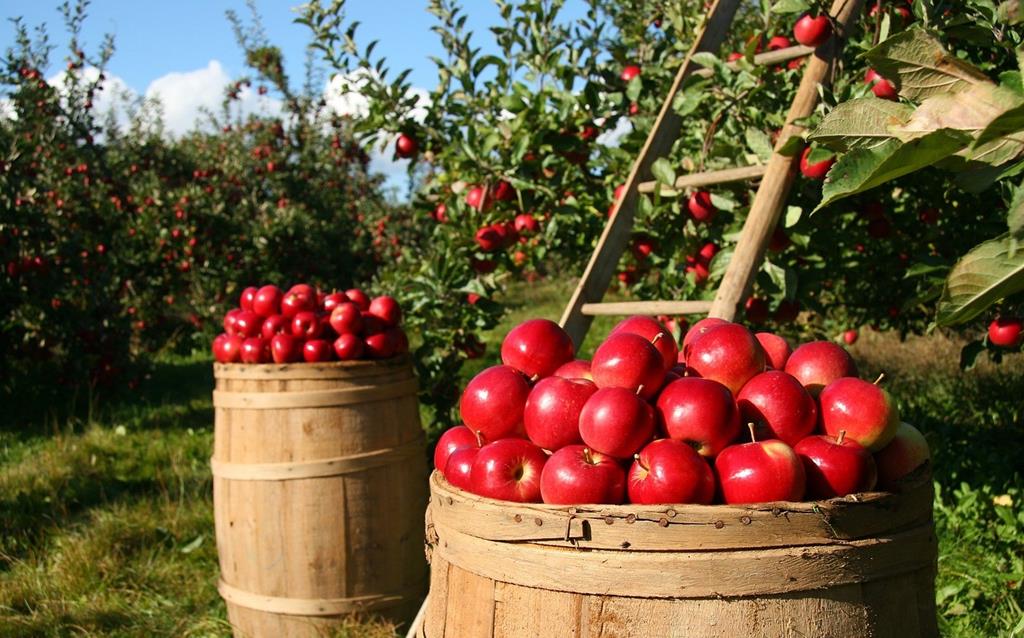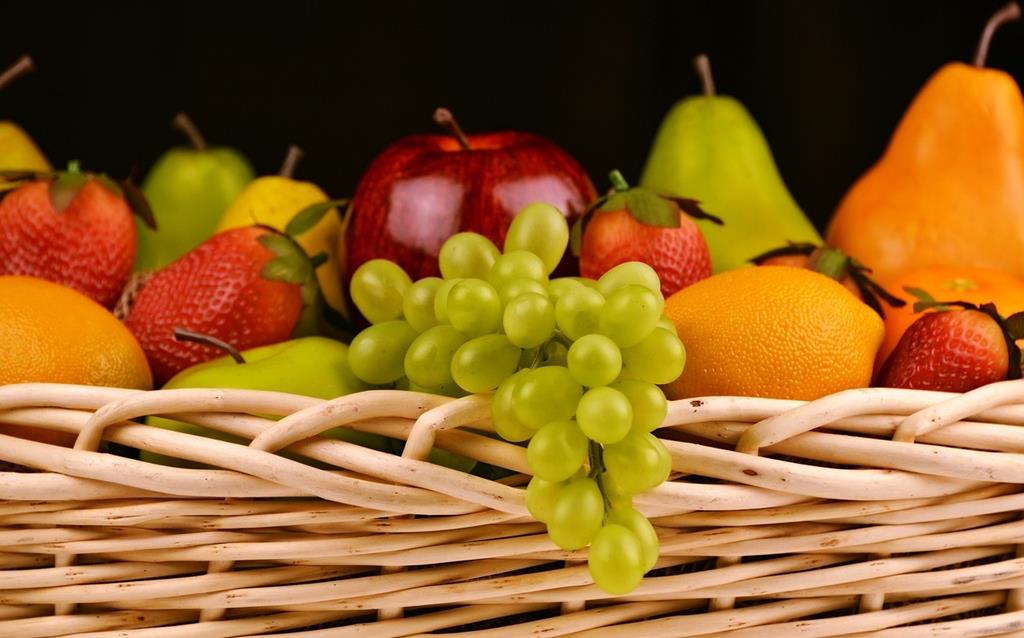Cats are obligate carnivores by nature, which means that their primary source of nutrition should come from animal-based proteins. However, it’s not uncommon for cat owners to wonder about incorporating fruits into their pet’s diet. While cats don’t require fruits for their nutritional needs, some fruits can be safe and even beneficial when offered in moderation. In this article, we’ll explore which fruits are feline-friendly and how to introduce them to your furry friend.
Feline-Friendly Fruits
-
Blueberries:
- Blueberries are a good source of antioxidants and vitamins.
- They can be given as a treat, but make sure they’re fresh and thoroughly washed.
- Offer them one or two at a time, and watch for any adverse reactions.
-
Strawberries:
- Strawberries contain essential nutrients like vitamin C and fiber.
- Slice them into small pieces to prevent choking hazards.
- Introduce them gradually to ensure your cat likes them.
-
Bananas:
- Bananas are high in potassium and fiber.
- Cats can have small, mashed portions as an occasional treat.
- Limit banana consumption due to their high sugar content.
-
Cantaloupe:
- Cantaloupe is rich in vitamins A and C.
- Remove seeds and rind, and cut the flesh into small, manageable pieces.
- Ensure it’s ripe but not overripe, as overripe fruit can upset a cat’s stomach.
-
Watermelon:
- Watermelon is hydrating and contains vitamins A and C.
- Remove seeds and rind, and offer small, seedless pieces as a refreshing treat.
- Cats may not be interested in watermelon, so don’t force it.
-
Apples:
- Apples are a good source of fiber and vitamin C.
- Remove seeds and core, then offer small, peeled slices.
- Avoid giving your cat apple seeds, as they contain cyanide.
-
Pears:
- Pears provide fiber and vitamins.
- Remove seeds and skin, and offer small, sliced pieces.
- Monitor for any digestive upset when introducing pears.

Fruits to Avoid
While some fruits can be a safe addition to your cat’s diet, others are toxic and should be strictly avoided:
- Grapes and Raisins: Grapes and raisins can lead to kidney failure in cats and should never be given.
- Citrus Fruits: Citrus fruits like oranges, lemons, and limes are too acidic and can cause digestive issues.
- Cherries: Cherries contain cyanide, which is toxic to cats.
- Avocado: Avocado contains persin, which can be harmful to cats.
- Peaches and Plums: These fruits have pits that can be a choking hazard and contain cyanide in the pits.
What is a cat’s favorite fruit?
Cats are obligate carnivores, which means their natural diet primarily consists of meat, and they don’t have a biological need for fruits. Therefore, cats do not have a specific favorite fruit. In the wild, their diet consists of small mammals, birds, and occasionally insects.
While some cats may occasionally show interest in or nibble on fruits like apples, melons, or berries due to their curious nature, it’s important to understand that this behavior is not an indication of a preferred fruit. Cats are much more likely to prefer meat-based treats or their regular cat food.
If you want to offer your cat a special treat, it’s generally best to stick to cat-friendly treats specifically formulated for feline consumption. These treats are designed to meet their nutritional needs and are more likely to be well-received by your cat. Always consult with your veterinarian before introducing new foods or treats into your cat’s diet to ensure they are safe and appropriate for your pet’s health.
Conclusion
In summary, while cats are primarily carnivores, some fruits can be given as occasional treats, provided they are prepared and offered with care. Always introduce new fruits gradually and in small amounts. Monitor your cat for any adverse reactions, and if you notice any digestive issues or allergic reactions, discontinue feeding that fruit immediately.
Remember that fruits should never replace your cat’s regular cat food, which is formulated to meet their specific nutritional needs. If you have any concerns about your cat’s diet or are considering introducing new foods, it’s best to consult with your veterinarian for personalized guidance. With the right approach, you can safely share a small, tasty morsel of fruit with your feline friend as an occasional indulgence.



